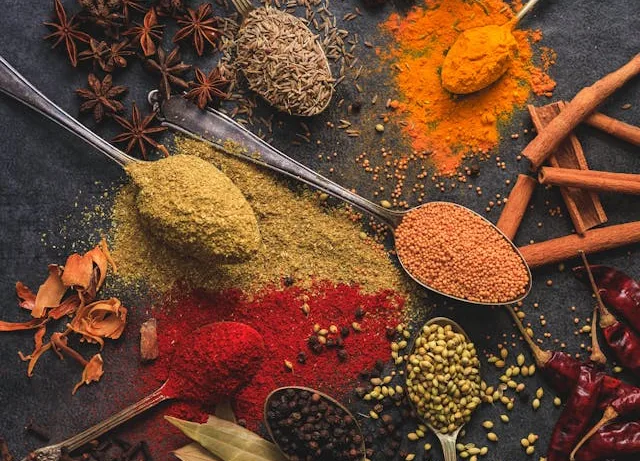In a journey across India’s diverse food landscape, Tyler Cowen, an economist and globetrotter, explores why India’s cuisine stands above the rest
On his eighth trip to India, renowned economist and food enthusiast Tyler Cowen boldly declares what many have long suspected: India’s food is the best in the world. From the vibrant coastal kitchens of Kerala to the aromatic streets of Delhi, Cowen’s latest culinary experiences have solidified his belief that India offers an unparalleled dining experience—one that leaves even the finest Michelin-starred restaurants in Paris in the dust.
Cowen, who has travelled to over 100 countries, shares his insights from Kerala, located on India’s southwest coast. After visiting most of India’s major regions and cities, his verdict is unequivocal. The food in India isn’t just good; it’s “flat out better” than what you’ll find in most parts of the world, with the exception of China. Even more remarkable is the fact that some of these extraordinary meals come at a fraction of the cost of fine dining in the West, sometimes for only a few dollars.
The primary reason behind India’s culinary supremacy lies in its diversity. With more than 1.4 billion people, India’s vast expanse offers a seemingly endless variety of ingredients, spices, and regional techniques, all contributing to a deeply rich food culture. From the spice-laden curries of Rajasthan to the delicate dosas of the south, Indian food offers something for every palate. The vegetables, often sourced fresh from local markets, are just as varied as the country’s diverse population. Cowen notes that it’s not just the quality of ingredients that sets India’s food apart, but the way in which they are prepared, often combining several flavours in a single dish that might surprise even the most seasoned foodie.
Embed from Getty ImagesIndia’s food culture is not simply a product of chance but also deeply intertwined with the country’s economic realities. While the economy faces its challenges, the strength of local food systems has remained largely intact. The resilience of Indian street food vendors, who use the simplest ingredients to create mind-blowing dishes, is an example of the country’s ability to turn adversity into culinary brilliance. In India, food is not just nourishment—it’s a reflection of the nation’s ingenuity and adaptability.
Cowen’s perspective on Indian cuisine goes beyond its sheer abundance and affordability. He also points to the astonishing regularity of such dining experiences. It’s not uncommon for a random meal in India, often costing just a few dollars, to rival the quality of meals served in prestigious Michelin-star restaurants. For many visitors, a modest meal at a local eatery can offer a more unforgettable experience than one might find in Paris, where the food, while excellent, sometimes lacks the same vividness and variety that makes Indian cuisine so exciting.
But India’s food culture is more than just about taste and price—it’s also about history and heritage. Over centuries, the country has absorbed influences from countless cultures, and this fusion of traditions has given rise to a cuisine that is both deeply rooted and constantly evolving. The legacy of Persian, Portuguese, Mughal, and British influences can be found in many of India’s dishes, adding a unique depth to their flavour profiles.
In essence, Cowen argues that India’s culinary excellence is a product of both its strengths and weaknesses. While the country continues to grapple with various economic and social challenges, its food scene has flourished, thanks to a combination of resilience, innovation, and a deep respect for tradition. In India, food is a celebration of life itself—a powerful force that transcends borders and connects people in the most profound ways.
As Cowen concludes his journey through India, one thing is clear: India’s food is not just the best in the world—it’s a testament to the country’s ability to turn every meal into a remarkable experience.
